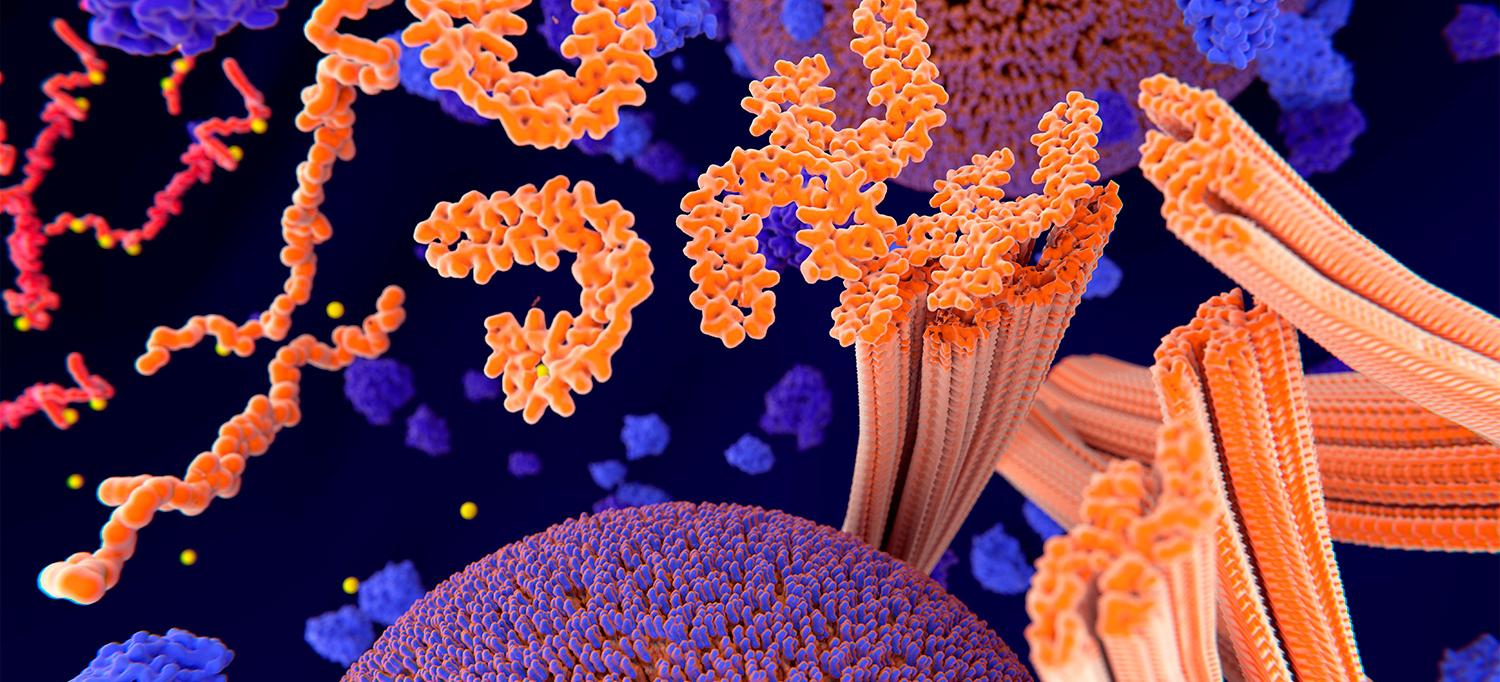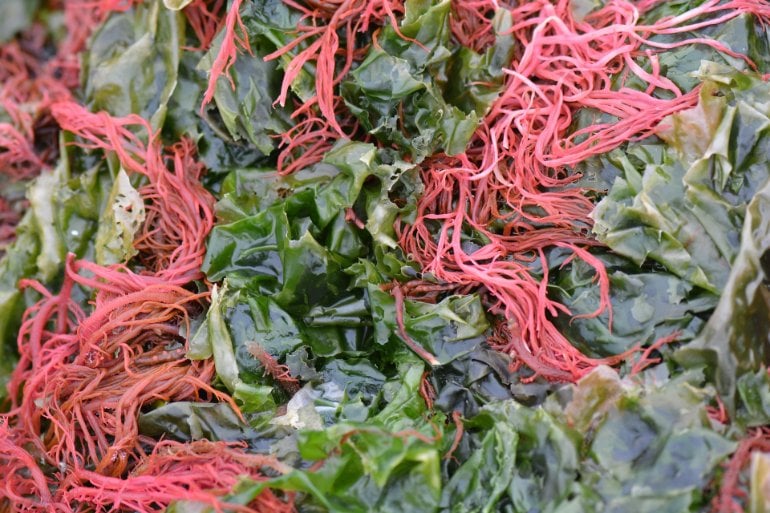
A new therapy prompts immune defense cells to swallow misshapen proteins, amyloid beta plaques and tau tangles, whose buildup is known to kill nearby brain cells as part of Alzheimer’s disease, a new study shows.
Led by researchers at NYU Grossman School of Medicine, the investigation showed that elderly monkeys had up to 59 percent fewer plaque deposits in their brains after treatment with CpG oligodeoxynucleotides (CpG ODN), compared with untreated animals. These amyloid beta plaques are protein fragments that clump together and clog the junctions between nerve cells (neurons).
Brains of treated animals also had a drop in levels of toxic tau...
Read More







Recent Comments